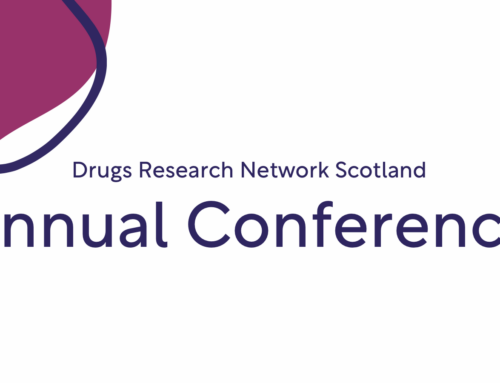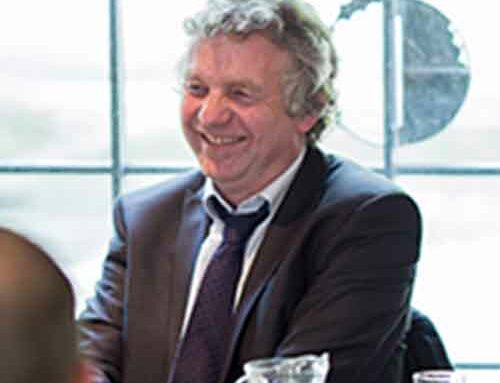Should Researchers be Taking the Tough Stuff Home?

A blog by Hannah Hale, DRNS Research Coordinator
I’ve felt increasingly aware that there isn’t enough care around the ways researchers can be affected by what they experience when they are collecting data on sensitive topics. This became especially apparent to me when I was interviewing someone about their mental health. In this interview, we touched on trauma and the lasting effects of PTSD. He hides this from his colleagues. He’s spoken to no-one else. As the interview progressed, I felt as though he’d taken a hat off: the hat that he wears at work which enables him to hide the PTSD, the effects of the traumatic experience he recounted to me. The interview concluded. We said goodbye and I watched him walk out the door. I could see the hat placed firmly back on his head. He was going back out there, despite what I’d glimpsed was happening inside.
That evening I followed the routine I have with my children. Dinner, play, squabble diffusion, negotiations, bath, and bed. This evening felt different though. Both the children and I knew I wasn’t fully present. My mind hadn’t left the interview room. I had glimpsed the effects of trauma and I felt restless. Images that had flashed through my mind during the interview kept returning. My line manager at the time had advised me to contact a colleague if I experienced any distress during the data collection yet I didn’t feel confident to do this. I’d only just started the post and I didn’t know my team well. Besides, by this point, I was well into the throws of ‘story-time’ and further negotiations with the children.
At the time I was undergoing training in counselling and mentioned the restlessness that was still with me to my tutor who gave me some helpful guidance. She suggested that I write down how the interaction with the participant had made me feel and to keep this somewhere safe and confidential. I often drive to places in order to conduct interviews. My tutor suggested that I put anything I have written about the interview into the locked glove compartment of the car for the time being. This helped. It felt as though this enabled me to leave the source of the restlessness in the car and not take it into the home.
What I learned from this experience was the contrast between researchers and counsellors in terms of the care they experience in their profession. With experience as a counsellor now, only once have I felt like the strain of a session has come home with me. Supervision, a community of counsellors, and the extensive guidance I received on how to care for myself within the counselling profession, has enabled me to maintain the boundaries around the ‘tough stuff’.
Personally, I think there needs to be something similar for researchers. We need….
- recognition of the vulnerabilities for researchers
- specific supervision for researchers involved in emotionally demanding interactions. This may need to be out-with the research team to ensure its effectiveness
- training for researchers that cultivates an awareness of boundaries and self-care
Conversations with colleagues about this concern led me to the Emotionally Demanding Research Network Scotland. This is a very good peer support network for those conducting, studying or supporting emotionally demanding research. It is based in but not limited to Scotland and is a good place to start if a researcher meets these challenges. I would really encourage anyone to write and talk more about this. I am a qualitative research Psychologist. How do experiences vary across disciplines and research approaches? When our research is about something we genuinely care about, perhaps we can achieve a lot more if we can create the right kind of care for ourselves and each other?







